
Cyrus the Great Bible History Exhibits
Cyrus (580-529 BC) was the first Achaemenid Emperor. He founded Persia by uniting the two original Iranian Tribes- the Medes and the Persians. Although he was known to be a great conqueror, who at one point controlled one of the greatest Empires ever seen, he is best remembered for his unprecedented tolerance and magnanimous attitude towards those he defeated.
:max_bytes(150000):strip_icc()/Tomb_of_Cyrus_the_Great_Pasargadae-0166de5feb9d4c4f9260f67b273fec5d.jpg)
The Persian Empire Cyrus the Great's Immense Expansion
Clerical rule is tyranny!" These are dangerous words in the Islamic Republic - but ones that are, I think, symptomatic of the times. Remote from the revolution An interesting fact: around 70% of Iranians are under 40 years old.

Cyropaedia What Did Xenophon Write About Cyrus the Great?
Cyrus the Great is said in the Bible to have liberated the Jews from Babylonian captivity to resettle and rebuild Jerusalem, earning him an honored place in Judaism. He wasn't just a great conqueror, though, he was also a great ruler and leader.
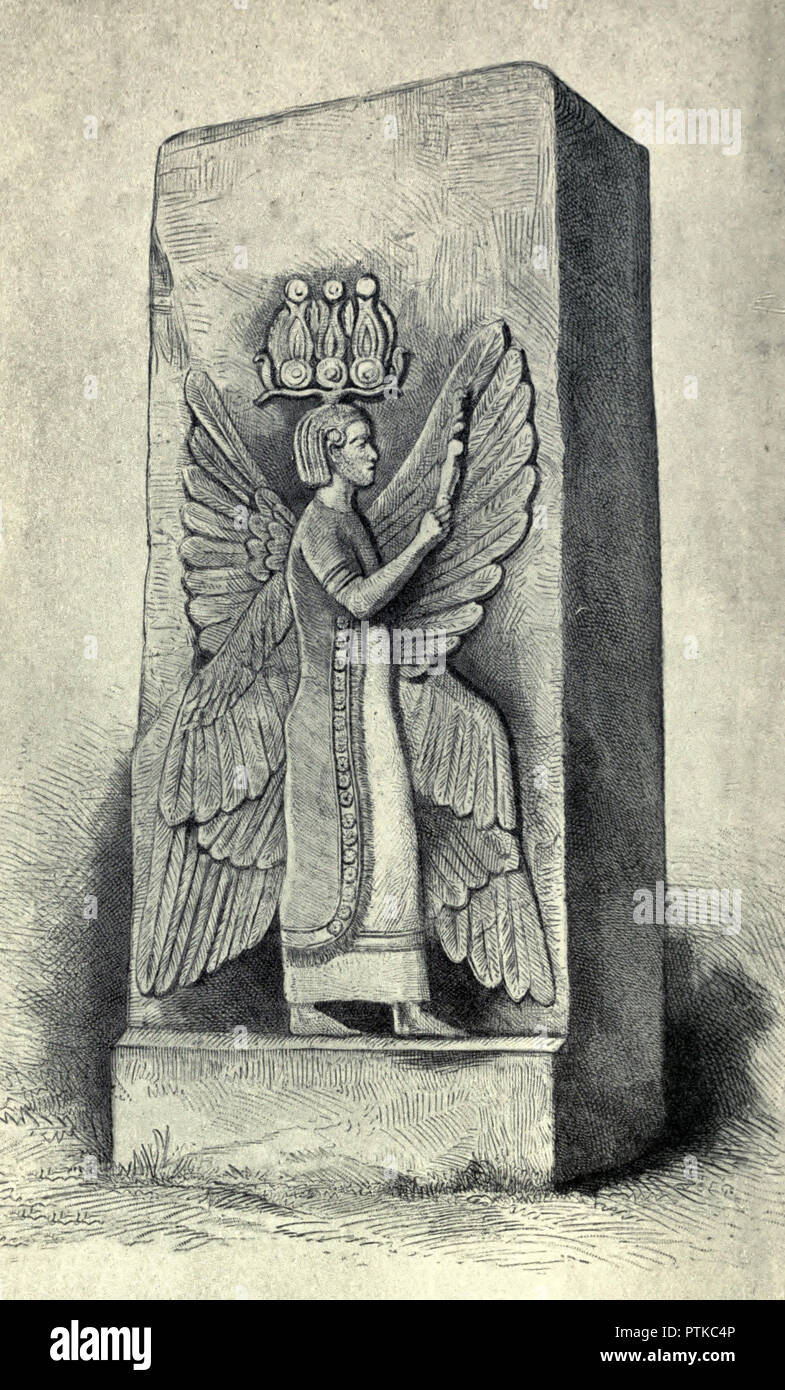
BasRelief of Cyrus the Great Stock Photo Alamy
Buoyed by the divine message, Croesus led a huge army across the Halys River and attacked the Persians in 547 B.C. After an indecisive battle, Cyrus surprised the retreating Lydian forces by.

Relief of Cyrus the Great, Pasargadae Achaemenid Empire Wikipedia
By 540 BC, Cyrus captured Elam (Susiana) and its capital, Susa. The four-winged guardian figure representing Cyrus the Great or possibly a four-winged Cherub tutelary deity. Bas-relief found at Pasargadae on top of which was once inscribed in three languages the sentence "I am Cyrus the king, an Achaemenian." Source

Achaemenids (Pasargadae) BasRelief of Cyrus (Kurosh) the Great (Four
Painted sketch of Cyrus the Great carved in bas relief located at Pasargade, northeast of Persepolis, capital of the ancient Persian empire.
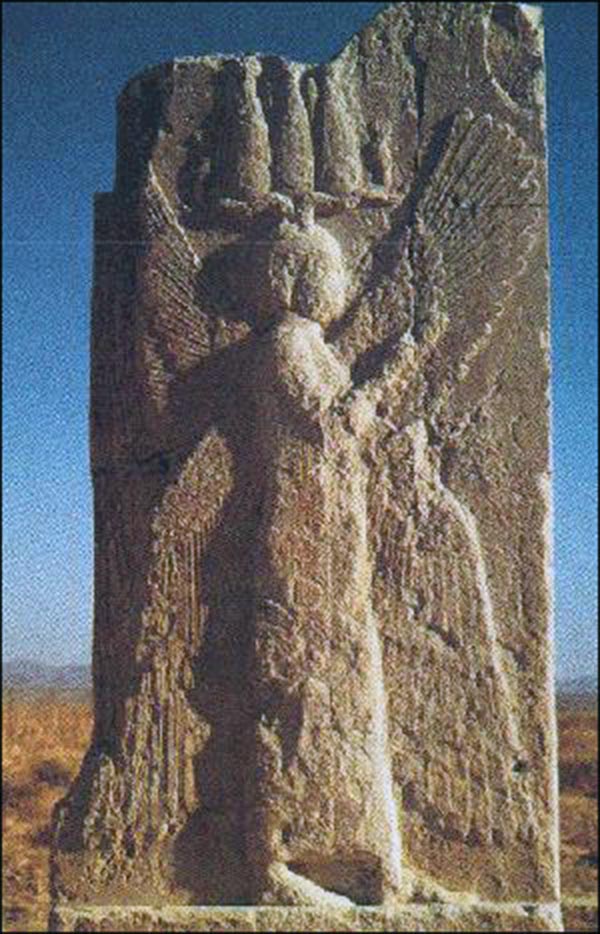
Persian Acheamenid empire (559330 BC) Short history website
Culture Reference Who was Cyrus the Great? Cyrus went down in history as one of the most benevolent conquerors of all time, allowing his subjects to live—and worship—as they pleased..

Cyrus the Great World History Encyclopedia
Cyrus' empire may be considered the culmination of 2,000 years of ancient history. Cyrus the Great is one of the most pivotal, yet underappreciated, figures in history. He nonetheless remains an enigma in many ways, viewed through multiple traditions in which he still looms large.
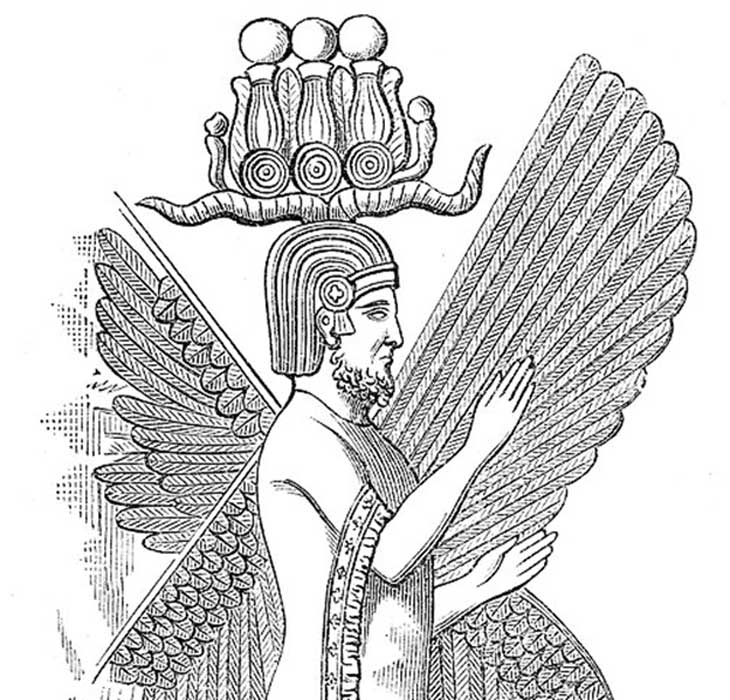
Cyrus the Great Conquests and Death! Part I Ancient Origins
History Darius at Behistun Full figure of Darius trampling rival Gaumata. Head of Darius with crenellated crown After the fall of the Persian Empire's Achaemenid Dynasty and its successors, and the lapse of Old Persian cuneiform writing into disuse, the nature of the inscription was forgotten, and fanciful explanations became the norm.

Cyrus the Great Detailed Pedia
From Wikipedia, the free encyclopedia Cyrus II of Persia ( Old Persian: 𐎤𐎢𐎽𐎢𐏁 Kūruš; c. 600-530 BC ), [a] commonly known as Cyrus the Great, [4] was the founder of the Achaemenid Persian Empire. [5]

Relief depicting Cyrus the Great with a Hemhem crown, Pasa… Flickr
Cyrus the Great (ca.600 - 529 BCE) was a towering figure in the history of mankind. As the "father of the Iranian nation", he was the first world leader to be referred to as "The Great".. In 1994, a replica of a bas relief depicting Cyrus the Great was erected in a park in Sydney, Australia (fig.2). This monument is intended as a.

Cyrus II (reign 559530 BC), also known as Cyrus the Great, was the
Cyrus the Great (ca. 600-530 BC) was the founder of the Achaemenid Empire, often referred to as the first Persian Empire. At the time of his death he had created the largest empire that the world had ever seen, stretching as it did from the Mediterranean Sea to the Indus River. Yet Cyrus the Great is also remembered for his influence in the.

Cyrus the Great (Illustration) Ancient History Encyclopedia
Biography Iranian ruler of the Achaemenid empire; captured the seat of the Neo-Babylonian empire at Babylon in 539 BC; seen as the founder of the Persian Empire, which he organized into satrapies, he is also hailed as an ideal ruler as he allowed the exiled Jews to return to Jerusalem (referred to in the Old Testament Book of Daniel), and he showed tolerance and generosity towards conquered.

Statue of Cyrus the Great Cyrus the great, Aesthetic photography
As presented in the Cyropaedia, Cyrus is a model of virtue, and thus a leader by example, but also a shrewd military strategist and politician. This portrait certainly earned important admirers in antiquity, notably Alexander the Great and Julius Caesar, both of whom saw lessons for rulers in Xenophon's Cyrus.
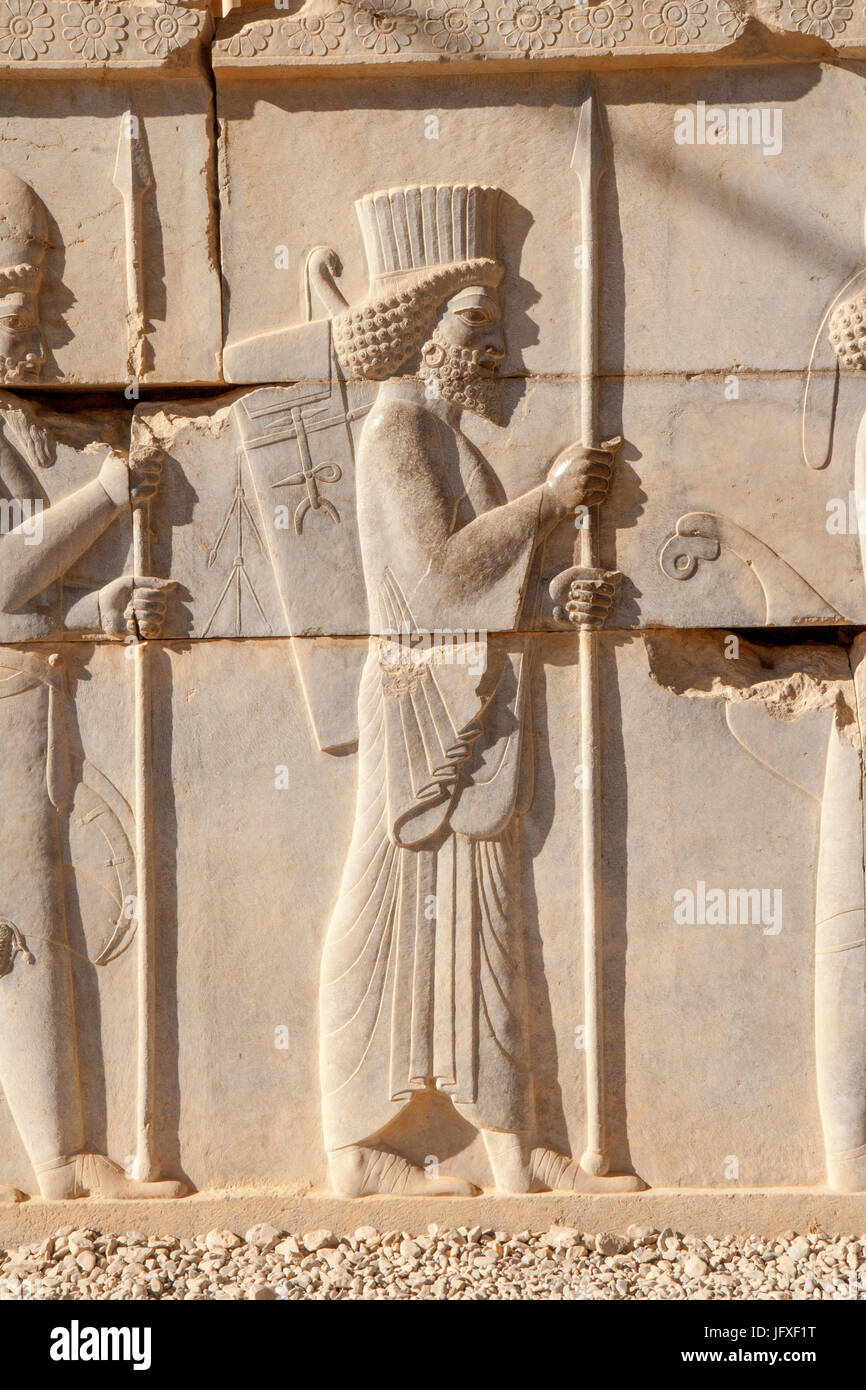
Cyrus the great relief hires stock photography and images Alamy
Cyrus the Great, also known as Cyrus II, is famed as the founding-emperor of the Achaemenid Empire (also known as the Persian Empire). An astute military genius and statesman, Cyrus's rise to acclaim began after he conquered the Median Empire, Lydia and some parts of Anatolia.
Cyrus II the Great ruled 559530 BC named King of the Four Corners
Did You Know? Pasargadae, built by Cyrus after he took the throne, was the ceremonial capital city of the early Achaemenid dynasty. The Cyrus Cylinder is a building inscription that described and defended Cyrus's conquest of Babylon. Cyrus's tomb looked like a ziggurat with an ancient Armenian templelike space on top.